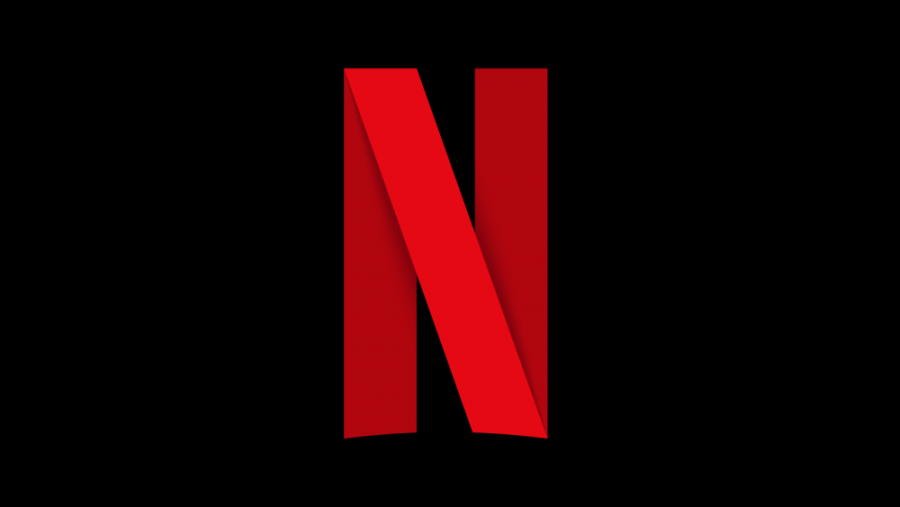Intellectual Property, Exclusivity, and the Streaming Market
October 24, 2019
Copyright law is a dense and daunting topic that many don’t spend much time thinking about. However, Copyright, or more specifically intellectual property and exclusivity, likely has more impact on you than you realize. If you use Netflix, HBO, Hulu or any other streaming services, almost every show you’ve watched is affected.
While many other mediums of entertainment are affected by these two legal concepts, there’s a lot of focus on TV and movie streaming in particular. This is both for ease of explanation and due to the differences in what problems have arisen due to exclusivity depending on the market in question.
Intellectual property, as defined by the World Intellectual Property Organization, is a category of property that includes intangible creations of the human intellect. In simpler terms, it would be explained as ownership over what you have created. For example, if you write a book, its contents are your property unless under creative commons.
Exclusivity is a natural consequence of this form of copyright. A streaming company, such as Netflix, will buy the rights to stream a show from its creator. “Creator” in this case is usually the company that has produced a show and not a director or some other individual creator.
This creates competition for who owns various shows and movies instead of competing over who has the best service. Streaming services are in an auction for who can buy the most popular monopolies.
Consequently, that’s why any work that is under intellectual property is defined as a government-granted monopoly. Normally, that’s not a problem, as it is not an anti-intellectual property law argument. However, in this case the monopolies are being exploited at the cost of competition and growth of the streaming market.
Disney Plus is a great example. As Disney Plus continues to roll out, the likelihood that all Disney owned properties like Marvel and Star Wars being pulled from other streaming services is almost guaranteed. This means that Disney doesn’t have to consider how good their service actually is as they are the sole provider of a huge swath of content.
Netflix is already guilty of neglecting their user interface (U.I.) while using funds to acquire as many shows as possible. Netflix is notoriously difficult to navigate and the large majority of users likely don’t even know how to delete shows from their watch history. Netflix could easily make their U.I. less obtuse, but instead ignore it because that kind of investment wouldn’t help subscriber count. Other streaming services would be spending that money buying shows that Netflix wouldn’t be buying during that time.
All of this leads the streaming market to become a competition of who has the most money instead of who has the superior product. There’s no reason to innovate or make your service better when the sole competition is in what company owns the best shows.
I’m not claiming that Intellectual property and exclusives should be wiped from the legal landscape, nor am I saying that it shouldn’t apply to streaming services going forward. However, there is a problem here that isn’t being addressed.
As the years go forward I fear piracy will become increasingly popular as more and more streaming services make watching all the shows you want increasingly difficult. How many monthly subscription fees will people be willing to spend before streaming is abandoned the same way cable T.V is being treated currently?
Next time you pay your monthly subscription to one of 5 streaming services you use, give it some thought. Is this service actually worth it when there’s little difference between it and a pirated version on google drive? That decision is inevitably up to you, but I think as time goes on, piracy will only increase.



